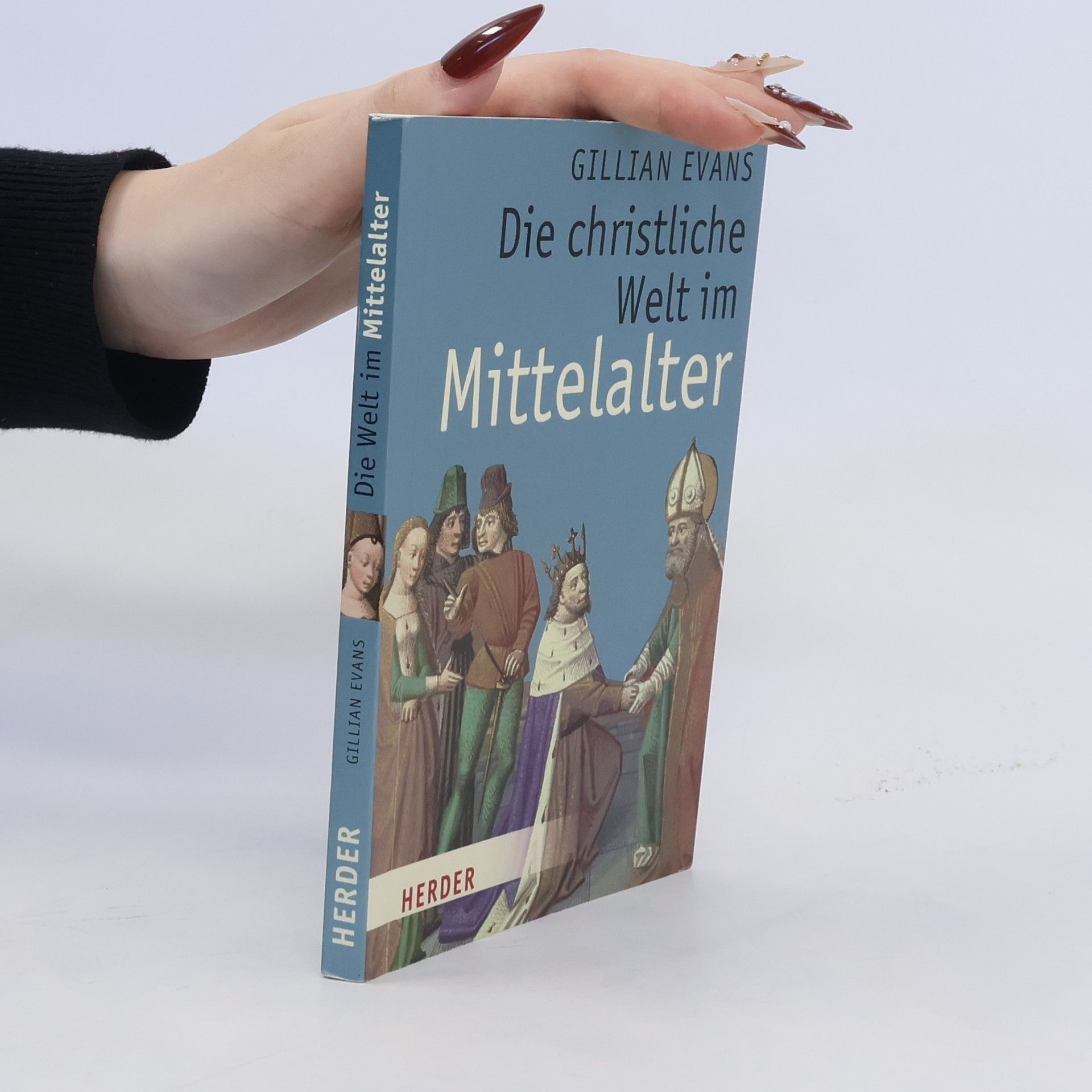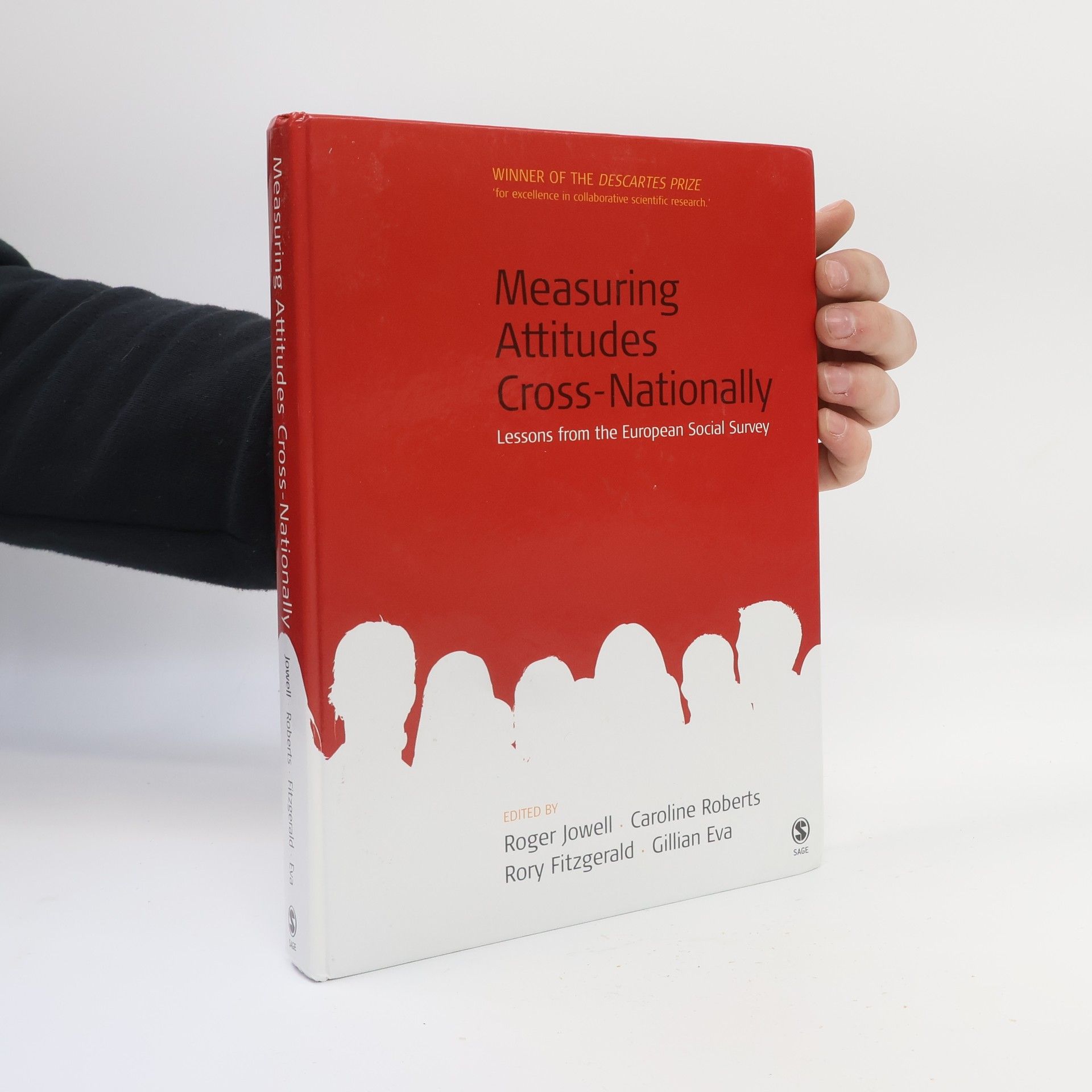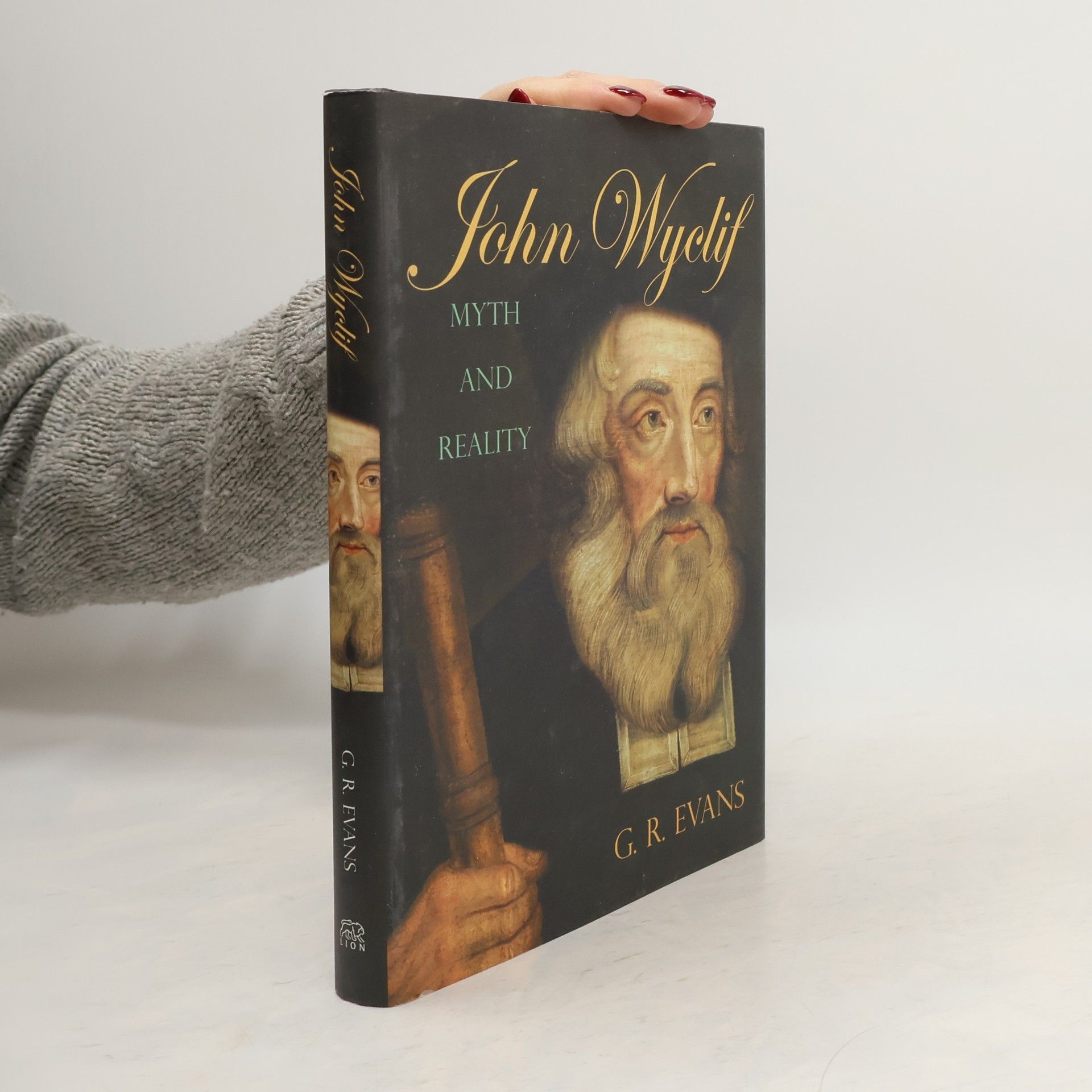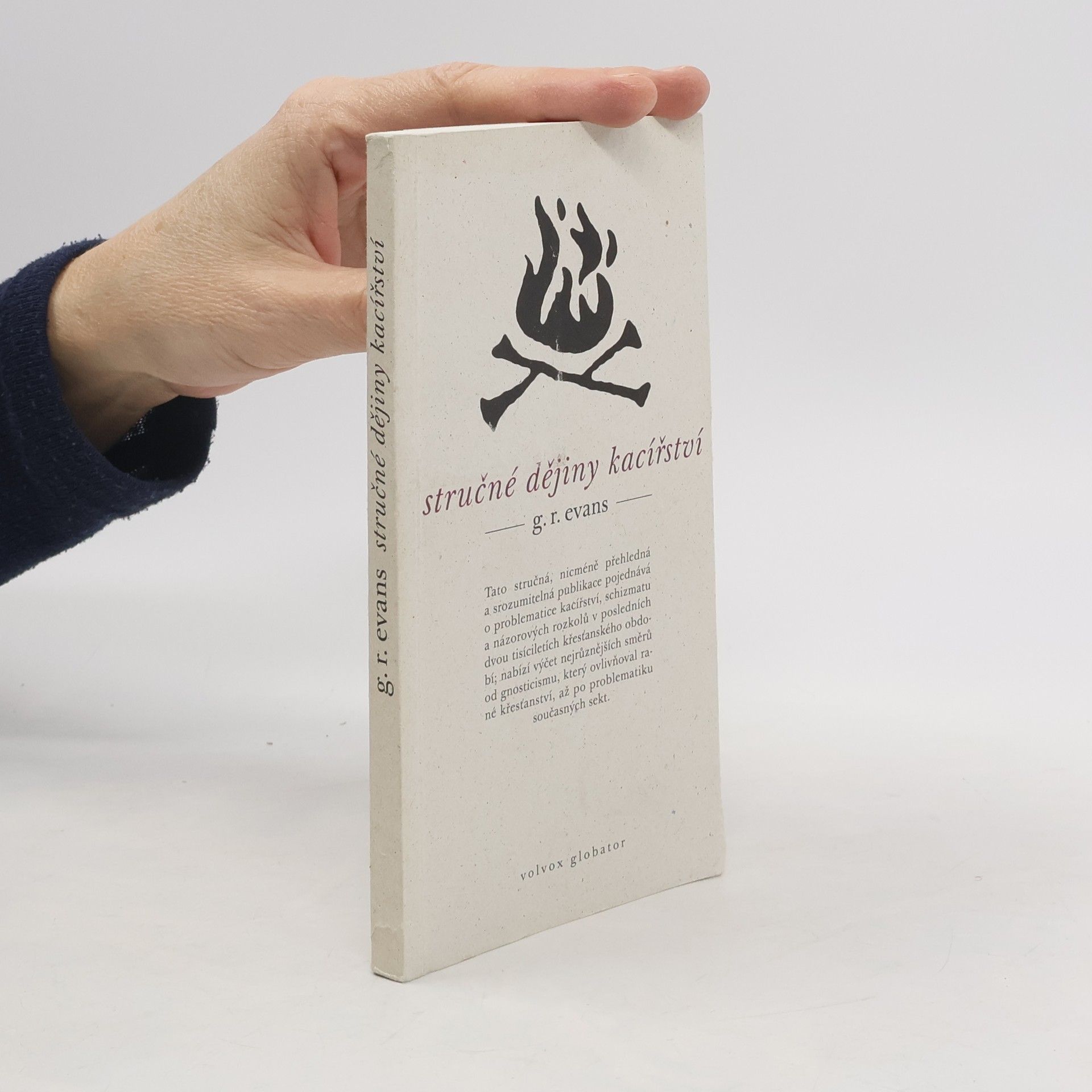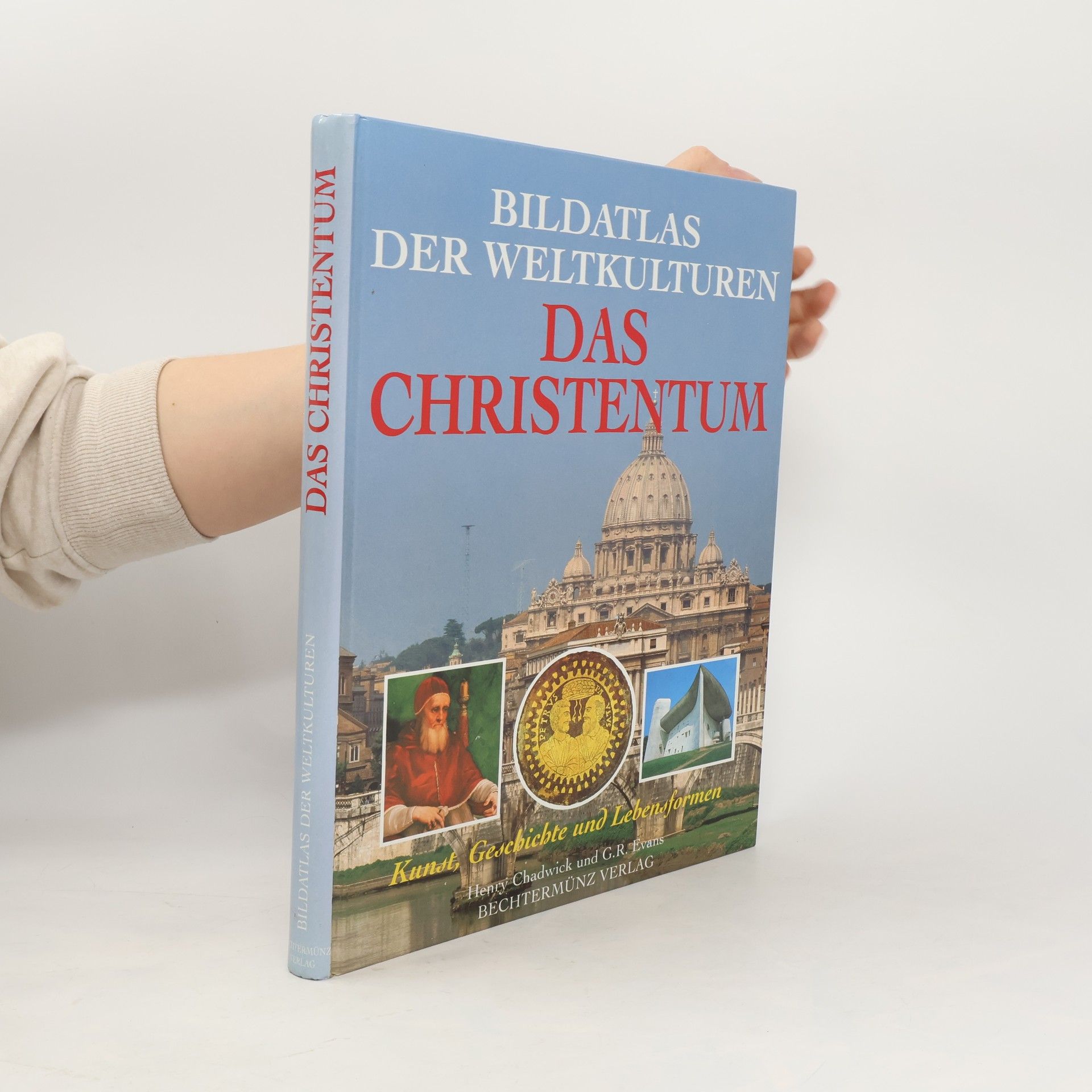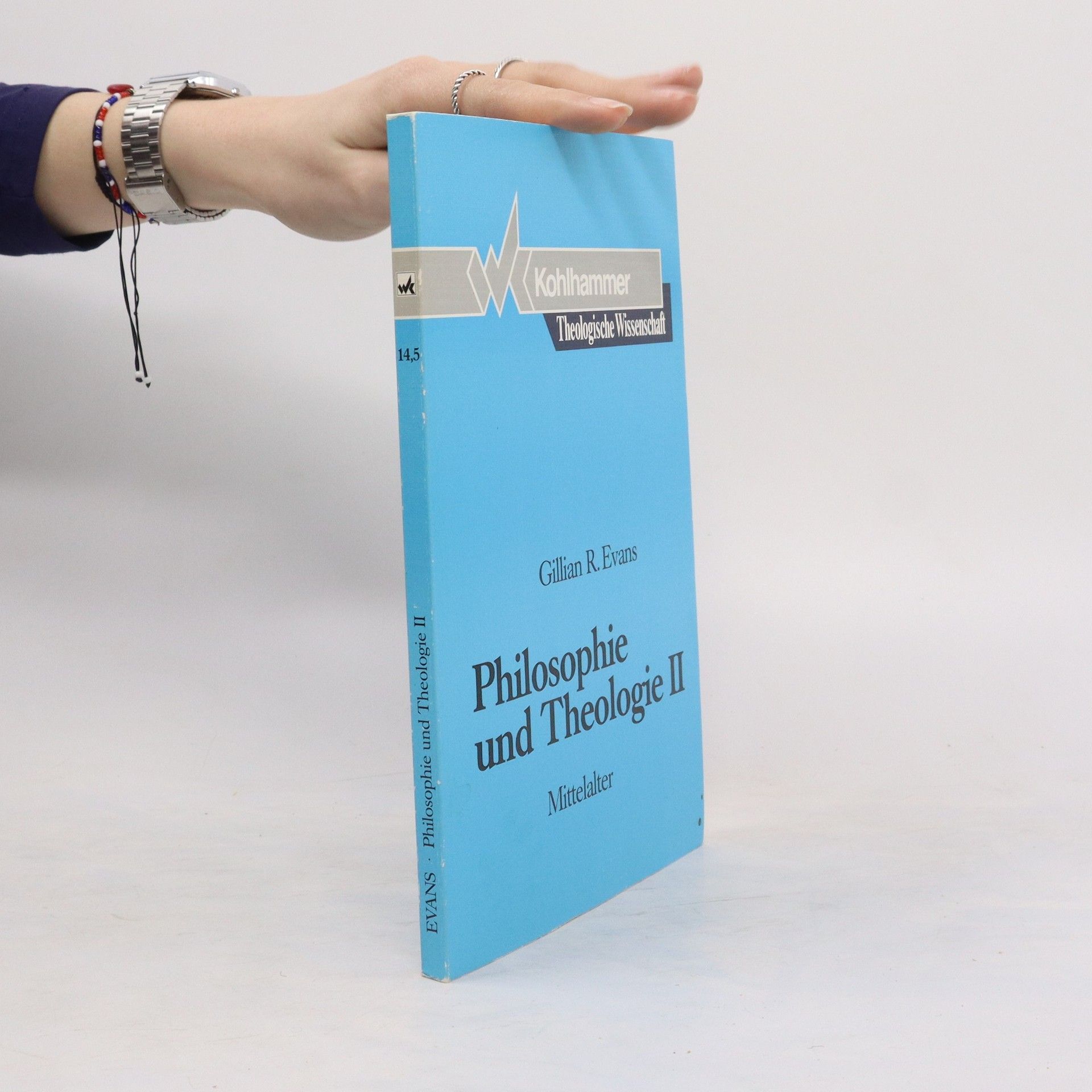Crown, Mitre and People in the Nineteenth Century
- 356 pages
- 13 hours of reading
The book explores the contentious relationship between Church and State in the nineteenth century, highlighting how historical events have shaped ongoing debates about disestablishment. Evans delves into the complexities and conflicts that arose during this period, illustrating their relevance to contemporary discussions. Through a detailed analysis, the author reveals the enduring impact of these issues on modern society.

